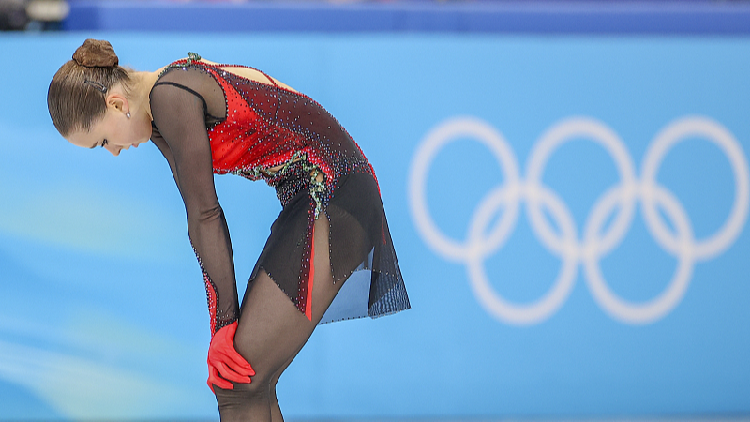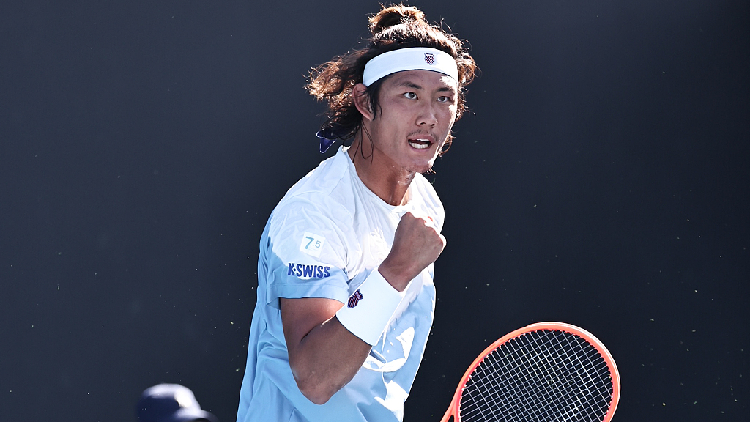Russia to appeal loss of Olympic gold after Valieva's doping ban

<img src='https://news.cgtn.com/news/2024-01-30/ROC-to-appeal-after-Olympic-gold-stripped-over-Valieva-s-doping-ban-1qN6mhlaoOA/img/29b46d7a659442ac8aa6341d25a27176/29b46d7a659442ac8aa6341d25a27176.png' alt='Kamila Valieva of Russia reacts to her score after the women single skating – free skating at Capital Indoor Stadium, during the Beijing 2022 Winter Olympic Games, February 17, 2022 in Beijing, China. /CFP'
The Russian Olympic Committee (ROC) said on Tuesday it would appeal a decision by the International Skating Union that stripped the country of a gold medal in the 2022 Olympic figure skating event following teenage figure skater Kamila Valieva’s doping ban.
In a statement, the ROC said lawyers have already begun preparing the necessary documents for filing an appeal, arguing that the consequences of a decision on sanctions against an individual athlete cannot be a basis for reviewing the results of a team tournament.
The Court of Arbitration for Sport (CAS) on Monday banned Valieva for four years due to doping, a decision that also took away the ROC’s gold medal in the team event of the 2022 Beijing Winter Games.
Earlier on Tuesday, the Kremlin said Russia would try to contest the decisions when commenting on the development.
“We do not agree with these decisions – neither with the decision of the court, nor with the decision of the (ice skating) federation. We don’t accept them,” Kremlin spokesman Dmitry Peskov said. “If there are any opportunities to challenge and continue to defend the rights of our athletes, they must be mobilized to the end.”
At the Russian national championships in December 2021, Valieva tested positive for the banned substance trimetazidine, which prevents angina but is recognized as a doping agent. The result was made known only after she competed in the team event in Beijing in 2022.
In her defense, Valieva blamed “contamination by cutlery” shared with her grandfather, who was treated with trimetazidine after receiving an artificial heart, and who drove her to training every day.
But the CAS panel determined there had been no scope for Valieva, who was 15 at the time of the offence, to be treated with more leniency than an adult found to have committed an anti-doping rule violation.
(With input from agencies)




Leave a Comment